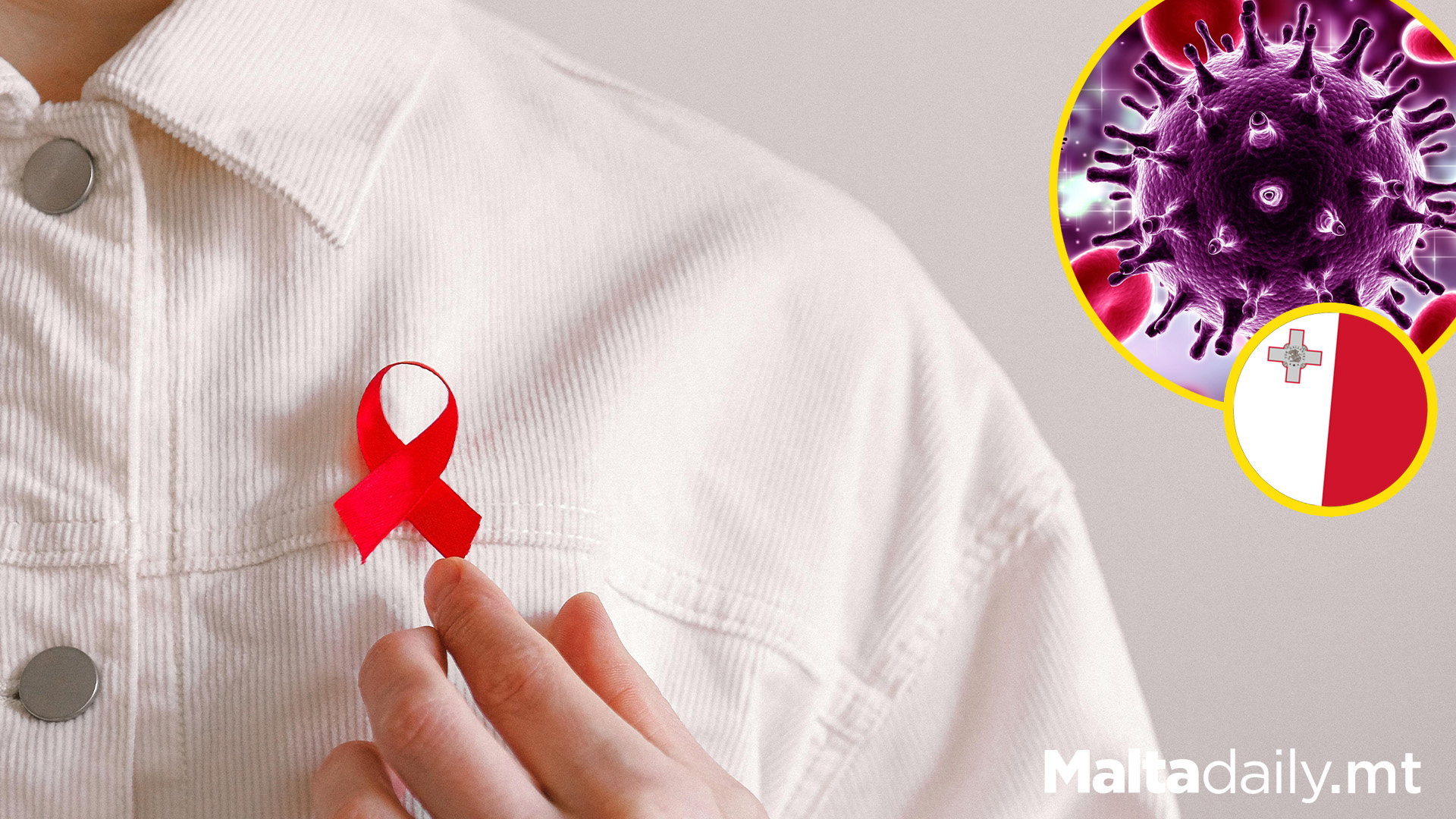
Malta has seen a concerning rise in sexually transmitted infections (STIs), with the most prevalent being Chlamydia, Gonorrhoea, Syphilis, and Mycoplasma genitalium. In 2021, the incidence of these infections notably increased, accompanied by concerns over antimicrobial resistance, particularly in Mycoplasma genitalium. Additionally, a multi-country Mpox outbreak in 2022, mainly among men who have sex with men (MSM), raised public health concerns.
In 2022, the demand for Genito-Urinary (GU) services at Mater Dei Hospital increased significantly, reflecting a growing need for STI testing and treatment. The majority of attendees were male (71%), with a large portion being foreign-born individuals. Interestingly, 43% of those attending were asymptomatic but sought testing due to potential exposure.
While awareness of some STIs, like Chlamydia and Gonorrhoea, is high, there is a lack of understanding regarding others, such as HPV and Trichomoniasis. Additionally, only a fifth of respondents in a recent survey correctly identified that STIs can be asymptomatic. There’s also a notable gap in knowledge surrounding HIV prevention methods like PEP and PrEP.
HIV remains a major health challenge globally, with 740 people living with HIV in Malta. While progress has been made in providing antiretroviral therapy, more effort is needed to achieve targets set by UNAIDS, including increasing the percentage of people living with HIV who are aware of their status and achieving viral suppression. Health officials continue to focus on improving STI and HIV testing coverage, including through self-testing kits and increased community outreach.
#MaltaDaily














